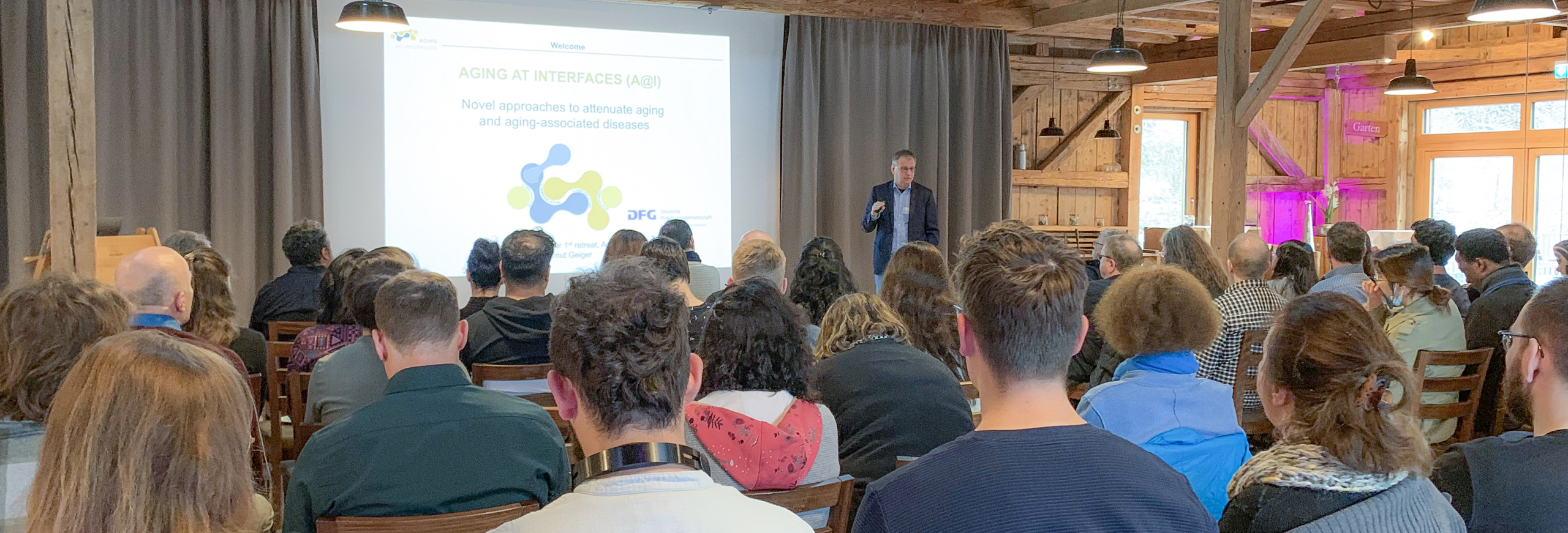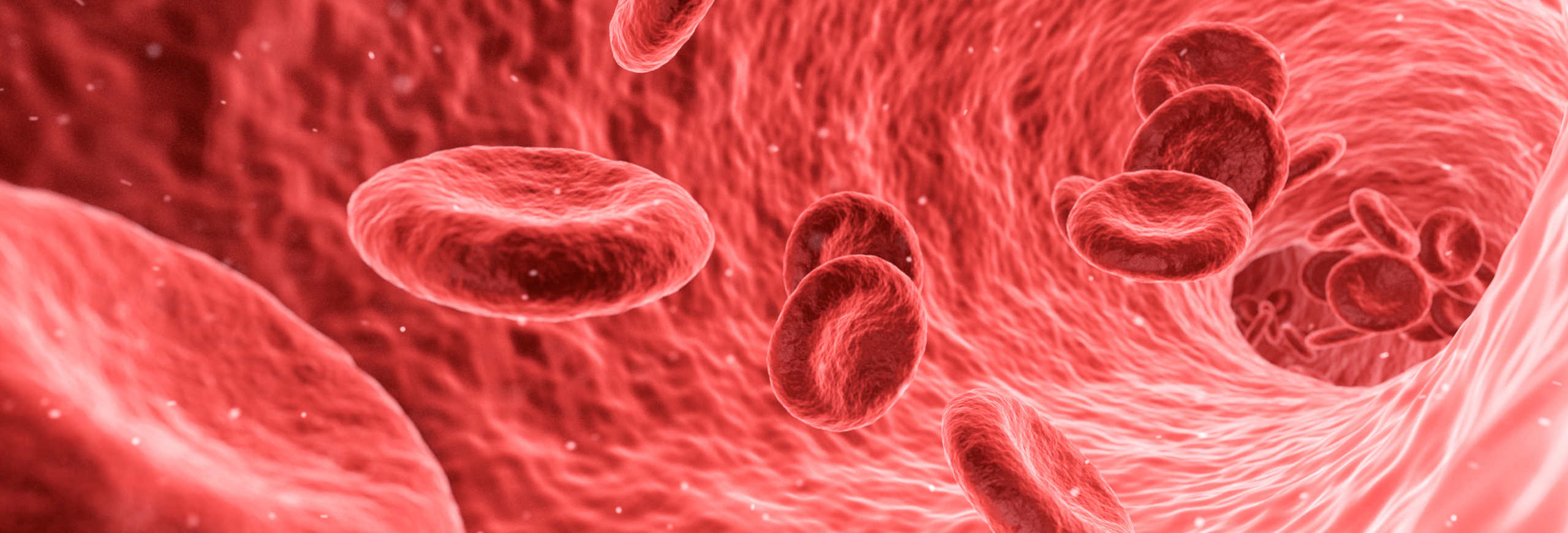Collaborative Projects
Center for Trauma Research – Ulm University (ZTF)
In December 2015, the Center for Trauma Research (ZTF) was established in Ulm to further enhance transdisciplinary trauma research at the location. This has led to the creation of a nationally and internationally unique transdisciplinary virtual research center.
The term trauma encompasses various injuries resulting from accidents, violence and more. Physical trauma ranks as the third leading cause of death worldwide, with young people particularly affected. In Germany, over eight million people suffer injuries each year, incurring significant costs estimated at over 40 billion euros annually. Trauma often involves psychological effects triggered by fear or threat. Around 2.3% of Germans exhibit acute post-traumatic stress disorder, and 15-20% experience psychological trauma consequences.
Fostering Synergy: Advancing Interactions in Physical and Psychological Trauma Research at ZTF
The overarching goal of the ZTF as a parent organization is to advance interactions between physical and psychological trauma research and promote transdisciplinary research approaches in interdisciplinary collaboration. Ulm University has developed expertise in both physical and psychological trauma research, addressing prevention, understanding trauma mechanisms, patient care and rehabilitation.
» Learn more about Center for Trauma Research
CRC 1506
Aging at Interfaces:
The adjusting screws of human aging in focus
The CRC 1506 addresses one of the most pressing challenges in medicine: the aging of the human body and the often associated diseases and limitations. In doing so, the interdisciplinary researchers focus on interfaces at the cellular and molecular level that influence the aging of tissues, organs, or the entire organism.
Research Objective: A Healthier Life in Old Age
What impact does aging have on the nervous system? Why does regenerative capacity decline over the course of life? And to what extent does the aging of the immune system and connective tissue determine the state of organs?
The researchers of the Collaborative Research Center (CRC) address these and other questions in three project lines, focusing on the interfaces of the nervous system, the immune response, or organ aging.
The demographic change is unstoppable: In many countries, the proportion of people aged 65 and older is rapidly increasing. Enabling healthy aging for this growing population group is one of the most important tasks in medicine and life sciences. For their research, the researchers have access to human blood and tissue samples. Additionally, the scientists rely on animal models and computer simulations.
CRC 1279
Utilization of the Human Peptidome for the Development of New Anti-Cancer Therapeutics
The CRC 1279 focuses on discovering endogenous human peptides that play vital roles in controlling human pathogens and cancer, with potential therapeutic applications. Peptides, which regulate physiological and pathological processes and impact innate and adaptive immunity, are of great interest as key effectors of cancer cell survival, growth, and metastasis.
Research Objective: Translate discoveries into innovative imaging and peptide-based therapeutics
Despite the peptidome’s significance, it remains underexplored due to complexity, hindering individual bioactive substance purification. CRC researchers successfully isolate specific bioactive peptides from vast mixtures using human body fluid and tissue peptide banks.
The interdisciplinary consortium comprises three research areas supported by two technology platforms. Platform one provides peptide libraries and assists in purification, synthesis, structural analyses, and modeling. Platform two investigates peptide distribution, compatibility, and bioavailability in animal models, offering insights into infectious and oncological processes. The goal is to translate discoveries into innovative imaging, delivery tools, and peptide-based therapeutics, advancing healthcare and disease treatment.
CRC 1149
Danger Response, Disturbance Factors and Regenerative Potential after Acute Trauma
Numerous individuals experience trauma, i.e., mechanical damage to tissues, during their lifespan. Often, it is traffic or workplace accidents that result in severe multiple injuries. Natural disasters and conflicts involving weapons also lead to severe and life-threatening injuries. When multiple organ systems are affected, it is referred to as polytrauma. The body’s acute response to the injury aims to limit the danger and promote regeneration and healing.
Research Objective: A deeper understanding of the pathophysiology of severe trauma for improved patient treatment
A trauma can cause significant complications, ranging from a systemic inflammatory response to organ failure. Additionally, the response to trauma can be influenced by various disturbing factors, such as different comorbidities or lifestyle choices (e.g., alcohol consumption). The acute response to trauma, in turn, affects the healing and regeneration of injured tissues. The underlying pathophysiological mechanisms are extremely complex and still not fully understood. However, a fundamental understanding of these mechanisms is essential for the development of effective individualized therapies and successful clinical trauma management.
The interaction of basic, translational, and clinical research achieved in CRC 1149 aims to lead to a deeper understanding of the pathophysiology of severe trauma and improve the clinical treatment of critically injured patients.
CRC 1074
Advancing Leukemia Research:
Normal and aberrant hematopoiesis
The CRC 1074 has been at the forefront of the significant progress made in characterizing genetic drivers in leukemogenesis and the subsequent successful development of molecular therapies in recent years. From its inception, CRC 1074 has been dedicated to advancing basic, translational, and (pre)clinical research in the field of leukemia.
Research Objective: Bridging basic, translational and (pre)clinical research in the field of leukemia
The center’s primary focus is on translating research insights into a deeper understanding of the pathogenesis of acute myeloid leukemia (AML), acute lymphoblastic leukemia (ALL), and chronic lymphocytic leukemia (CLL). By bridging the gap between laboratory discoveries and clinical applications, CRC 1074 strives to develop innovative therapies for these types of leukemia. Through its collaborative efforts, CRC 1074 aims to make valuable contributions to the advancement of leukemia research and enhance treatment options for patients.
CRC 1074, founded on the central research themes of Ulm University and a strong tradition in hematology, focuses on acute and chronic leukemias.The center has made significant contributions to genetic characterization and innovative therapies for leukemia, evident in seminal publications. Collaborations with esteemed research groups further enhance its translational approach. By leveraging its resources and expertise, CRC 1074 aims to bolster international visibility in leukemia research and continue to provide vital scientific contributions, ultimately improving patient care.





